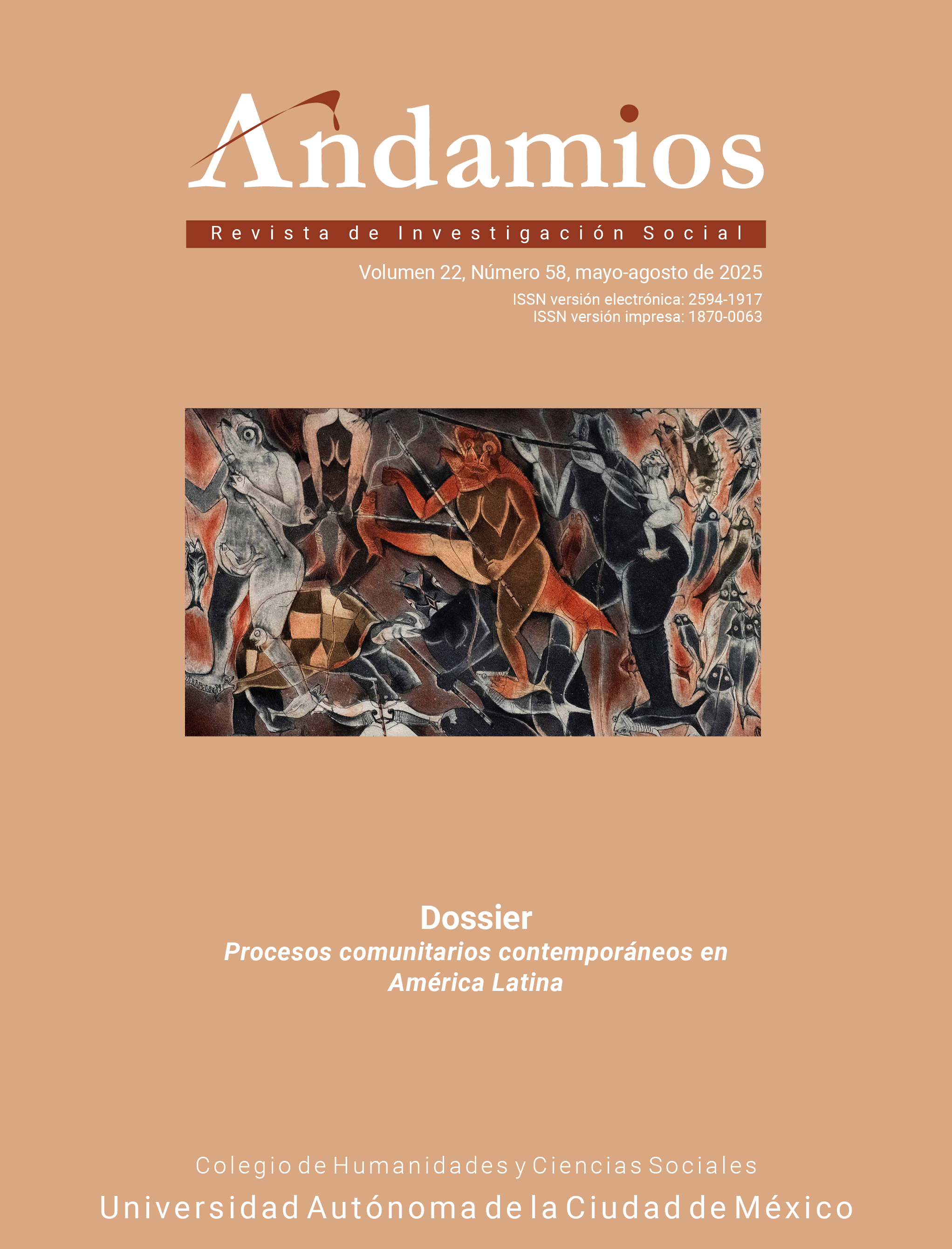Sociedad 5.0 como parte de una nueva cultura sustentable
DOI:
https://doi.org/10.29092/uacm.v22i58.1198Keywords:
Sociedad 5.0, industria 4.0, cultura sustentable, tecnologías digitales, ciudades inteligentesAbstract
Sociedad 5.0 nació bajo el principio de que la tecnología no sólo debe promover el desarrollo industrial, también debe contribuir a mejorar la calidad de vida de las personas. Por lo que hoy en día, se requieren de principios que visualicen a la tecnología como un componente determinante que además de generar un bienestar integral de la sociedad, también permita atender los principales problemas sociales, económicos y ambientales que aquejan al mundo. Por lo tanto, el objetivo del presente trabajo fue proponer un conjunto de principios para que Sociedad 5.0 promueva el desarrollo de la sociedad actual mediante una cultura sustentable. Para ello, se realizó una revisión ordenada de trabajos de investigación sobre Sociedad 5.0 a través de un análisis bibliométrico en la base de datos Science Direct. Los hallazgos más relevantes se compilaron por medio de un marco Teoría, Contexto, Características y Metodología (TCCM). Los resultados revelaron que el bienestar humano y social, el cuidado del planeta y la evolución hacia ciudades sustentables son los principios básicos que sustentan el desarrollo de Sociedad 5.0, fomentando las nuevas tecnologías digitales como parte fundamental de una cultura enfocada en el desarrollo de una sustentabilidad integral.Downloads
Published
Issue
Section
License
This Journal is licensed under Creative Commons Mexico 2.5. It is allowed to reproduce and disseminate the contents of the Journal for educational or research purposes, not for profit, as long as they are not mutilated and cite the source (Andamios, Revista de Investigación Social) and the author.
The copyright of the articles published in Andamios, Revista de Investigación Social are transferred by the author(s) to Universidad Autónoma de la Ciudad de México when the originals have been accepted, so that they are published and distributed both in the printed and electronic versions of the Journal. However, as established by law, the author(s) retains their moral rights. The author(s) will receive a form of assignment of copyright that they must to sign when their original has been accepted. In the case of collective articles, the signature of one of the authors will suffice, provided that the latter has obtained the consent of the others.
Authors may use the material of their article in other works or books published by themselves, with the condition of quoting Andamios as the original source of the texts.
The articles contained in this publication are the responsibility of their authors and do not compromise the official position of Andamios, Revista de Investigación Social of the Universidad Autónoma de la Ciudad de México.


